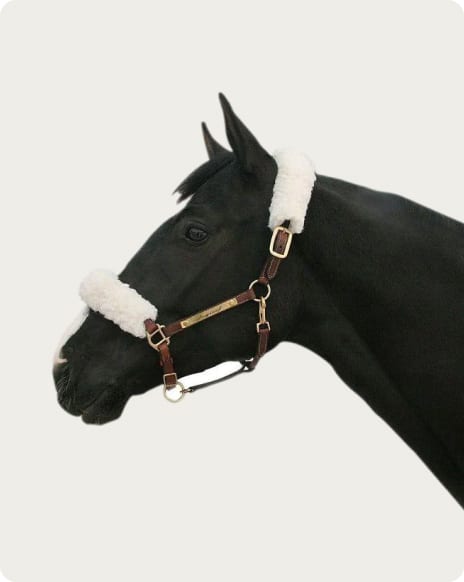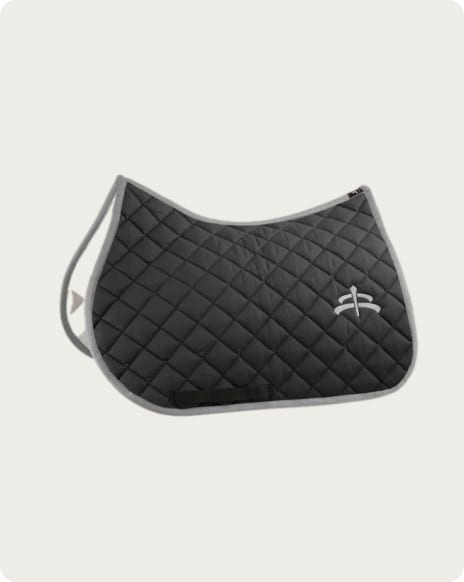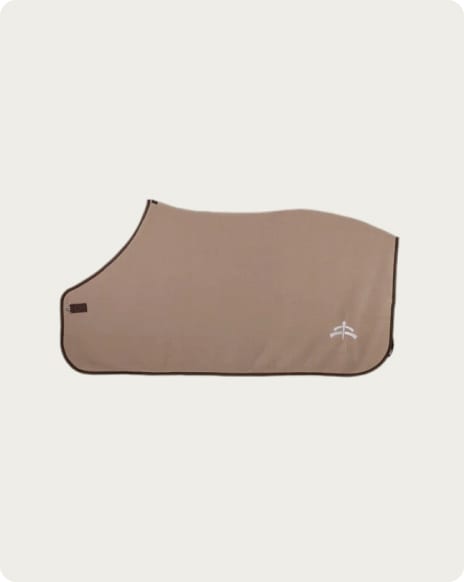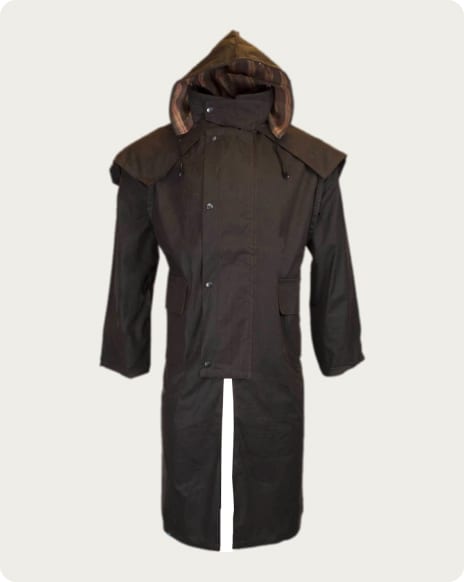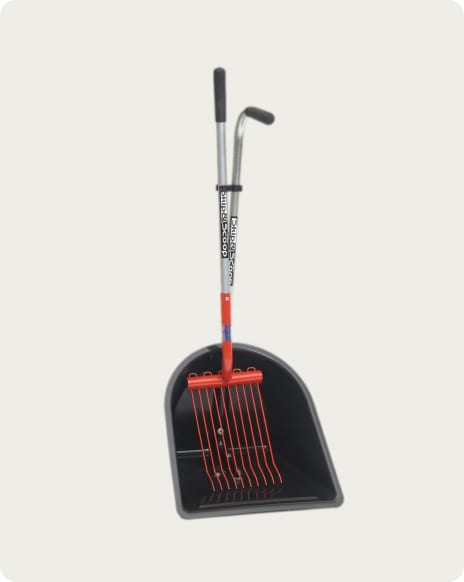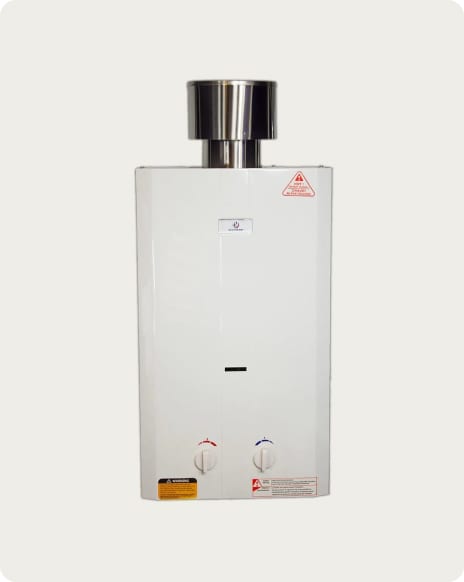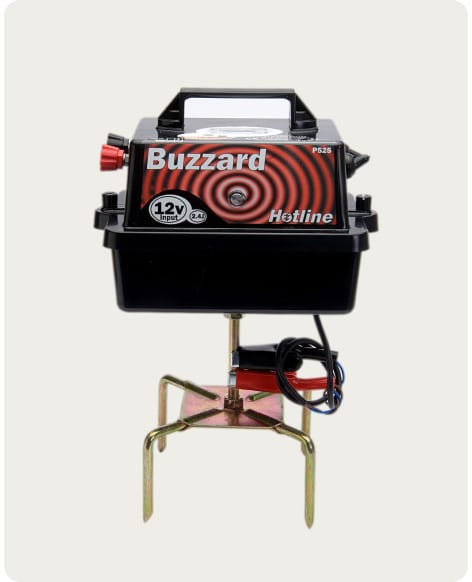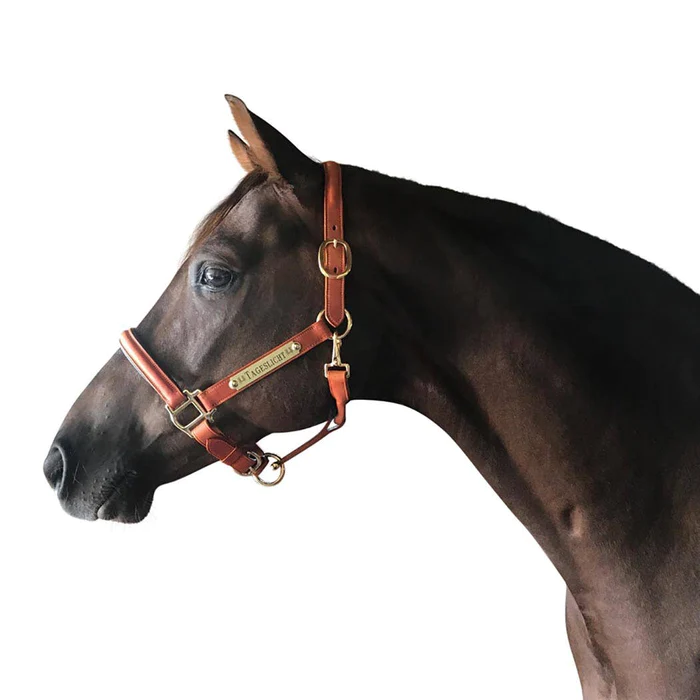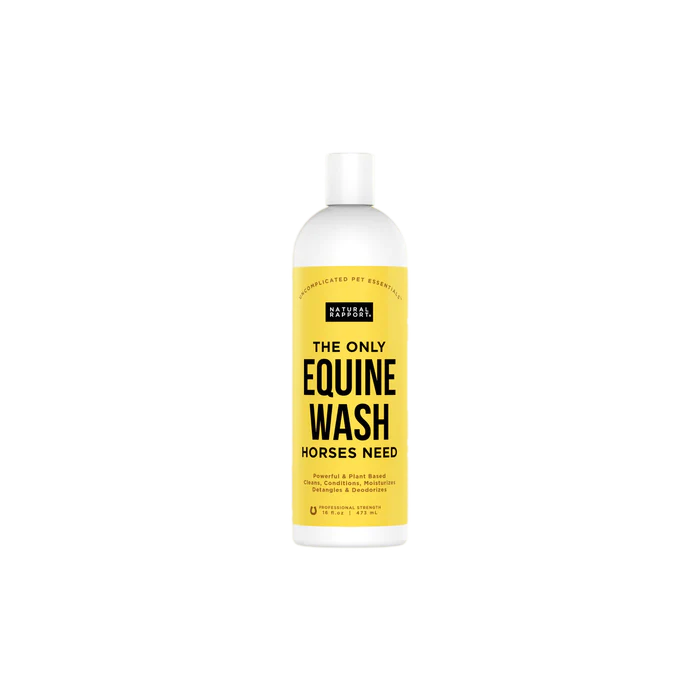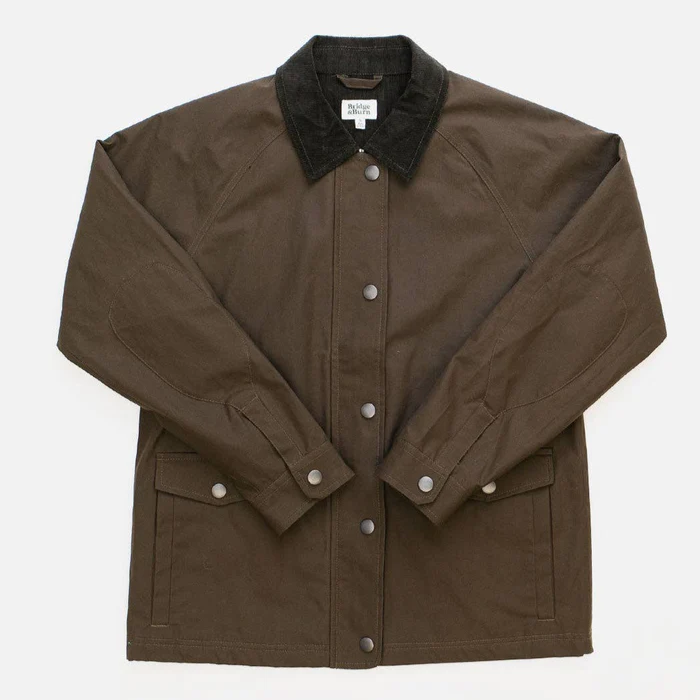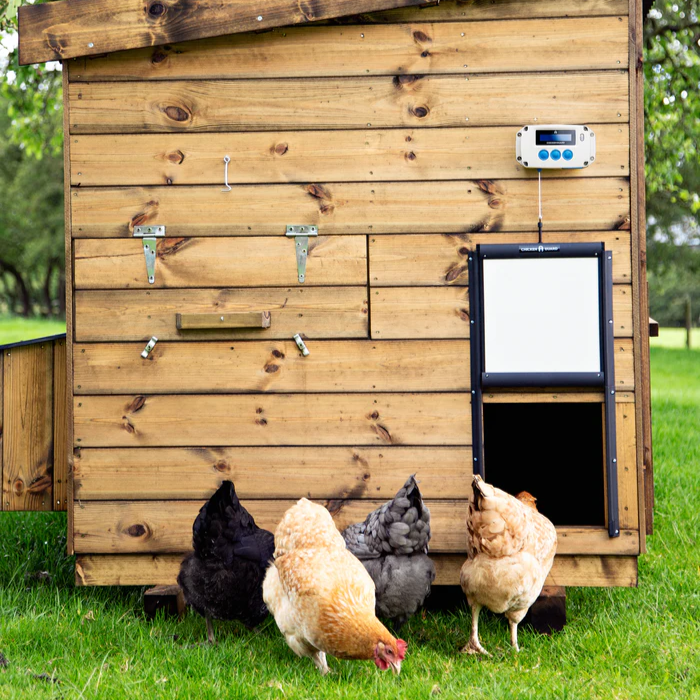All horses produce quite a large amount of saliva each hour, which is generally swallowed without any problems. Sometimes though, horses seem to produce excessive and unusual amounts of saliva, which can be a cause of concern for the owner. There are a few possible reasons for your horse drooling excessively, ranging from dental issues to the plants in your paddock.
How Saliva is Produced?
In horses, saliva is produced the salivary glands under and behind the jaw. The saliva is useful for breaking down food as well as helping to form a sort of “buffer” against acid in the stomach, which can prevent stomach ulcers. Normal saliva production in a horse is about 40 litres each day. When your horse is drooling like one of those big dogs, it is either because there is more saliva than usual being produced, or because the horse is failing to swallow his saliva properly.
Check for Problems
The first step is to check your horse’s mouth for any obvious broken teeth or stuck objects that could be causing the drooling. Once you’re sure it’s clear, there are a few other things which could be causing your horse’s drooling.
Grass Sickness
We’ll get the scary scenarios out of the way first! Grass sickness is known to cause excessive salivation, alongside colic symptoms, lack of appetite and even a foul-smelling discharge from the nose. The exact cause of grass sickness is still unknown, but most scientists agree that it is probably related to a toxin of some sort. The disease causes damage to the nervous system, and so most symptoms are related to neurological functions – including paralysis of the digestive tract and gut. Unfortunately, grass sickness is often fatal and in acute cases many horses will be put down within two days. If you suspect your horse has grass sickness, call your vet out immediately to inspect the horse and confirm the diagnosis. Although highly uncommon, rabies can also cause excess salivation, but is fully preventable through vaccination.
Poisoning
Another possible (and less serious) cause of excess salivation is when your horse has eaten something which is causing the drooling. One of the more common reasons for this is known as slaframine poisoning or slobbers, and is often caused by clover in your horse’s paddock. This condition isn’t life threatening and doesn’t need specific treatment per se, but it is of course important to remove the clover to stop the symptoms – your horse should return to normal fairly quickly after this. Make sure to remove any poisonous plants, such as, a ragwort from the paddock. This can easily be achieved by using a ragwort fork.
Nasal Discharge
If there is a discharge from the nose, this usually indicates that there is a blockage somewhere. In this case, you should consider that your horse has “choke.” This is when food gets stuck in the oesophagus and cannot pass to the stomach, so the horse “chokes.” In this case you may also be able to see bits of food in the saliva and nasal discharge, and the horse will seem distressed. He may also bend and stretch his neck in an effort to dislodge the food. Remove any food and water from your horse, call your vet and try to keep the horse’s head low and him calm – usually, choke resolves by itself but it may need treatment.



